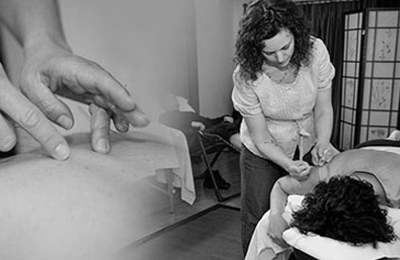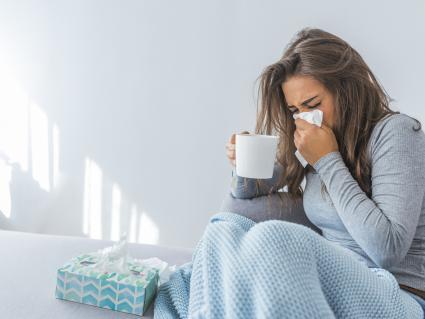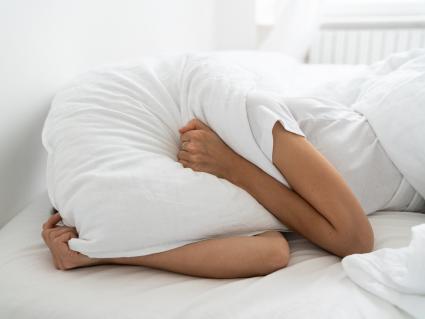Using Herbs to Support Lyme Disease Therapies
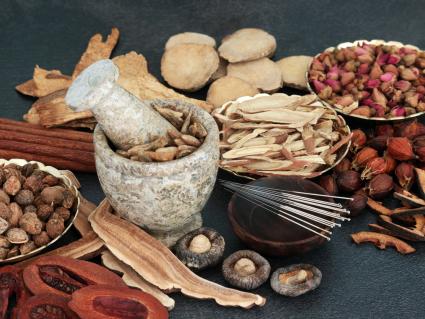
According to the NY State Department of health, active tick season starts in March for adult ticks and May for nymph ticks. With a milder winter this year, it is likely that some have already had encounters with ticks. Both adult and nymph ticks can carry multiple infections referred to as tick borne Illness. These illnesses include Lyme disease caused by the bacteria borrelia burgdorgeri, anaplasmosis, babesiosis, and others. The treatment for Lyme disease is antibiotic therapy such as doxycycline or cefuroxime and is often adequate if caught early. However, caught in late stages, it can be more difficult to treat. Different types of antibiotics and herbs have been studied to find the most effective agent that can kill or eradicate all forms of the bacteria. In subculture studies, single antibiotic therapies are often found to be ineffective at complete eradication. However, there are herbs that have been studied and tested in vitro that have been found to be effective in eradicating all forms of borrelia bacteria.
One such herb is Cryptolepis Sanguinolenta. In a 2020 study, Crytoplepis was found to eradicate all forms of the Lyme bacteria. The authors concluded, “1% Cryptolepis S. extract caused complete eradication” as after 21 days in subculture no active bacteria were visible. The authors found that Cryptolepis was highly effective at eradicating both active and stationary phases of Borellia bacteria. Many herbs have multiple mechanisms of action and this includes Cryptolepis. Cryptolepis is anti-microbial and has activity not just against bacteria, but also against fungal and parasitic organisms.
In a 2017 review on Cryptolepis, the active constituent cryptolepine was also found to have anti-inflammatory, anti-oxidant, and even anti-diabetic properties4. Other herbs commonly used to support Lyme therapies such as Japanese Knotweed, Cat’s claw, and Chinese Skullcap have not only been shown to have anti-microbial properties but also anti-oxidant, anti-inflammatory and immune stimulating properties.
Combining multiple herbs can often creates a synergistic effect which may increase overall effectiveness of therapies. Herbal therapies can have interactions with medications and many are contraindicated during pregnancy. Herbs may also cause mild side effects. Therefore it is highly recommended that for proper dosing and precautions, you should consult with a provider who is familiar with herbal therapies and their possible interactions with medications.
If you are interested in starting any herbal or supplemental therapy, please call the Stram Center today as all of our providers are trained in the use of nutrient and herbal therapies.
References
1. https://www.health.ny.gov/publications/2825/
2. Persisting atypical and cystic forms of Borrelia burgdorferi and local inflammation in Lyme neuroborreliosis. Miklossy J, Kasas S, Zurn AD, McCall S, Yu S, McGeer PL. J Neuroinflammation. 2008 Sep 25
3. Feng J, Leone J, Schweig S, Zhang Y. Evaluation of Natural and Botanical Medicines for Activity Against Growing and Non-growing Forms of B. burgdorferi. Front Med (Lausanne). 2020 Feb 21;7:6. doi: 10.3389/fmed.2020.00006. PMID: 32154254; PMCID: PMC7050641.
4. Newman Osafo, Kwesi Boadu Mensah, Oduro Kofi Yeboah, "Phytochemical and Pharmacological Review of Cryptolepis sanguinolenta (Lindl.) Schlechter", Advances in Pharmacological and Pharmaceutical Sciences, vol. 2017, Article ID 3026370, 13 pages, 2017. https://doi.org/10.1155/2017/302637
About Korey DiRoma,, N.D.Related Blog Posts

Foods to Help Fight Lyme
Here are some food suggestions for fighting Lyme Disease, and what foods to avoid -- taken directly from Dr. Stram’s PowerPoint presentation to Core Life Eatery’s sold out audience on June 13th in Vestal, NY. We hope this information will help you in your quest to overcome Lyme!Read the Post

Nutrition, Food Sensitivities, and Lyme Disease
When it comes to nutrition for Lyme disease treatment, we know that every person with Lyme disease and/or tick-borne illness experiences different symptoms.Read the Post

The Role of Food and Supplements in Detoxification During Lyme Disease Treatment
The liver is the most important organ for the daily required detoxification process in order to maintain health and balance. Since the early 1950s more than 90,000 new chemicals have been developed, increasing our environmental burden. In addition to having to contend with these daily environmental toxins in the air, our water and food, the liver must metabolize the end product of medications…Read the Post
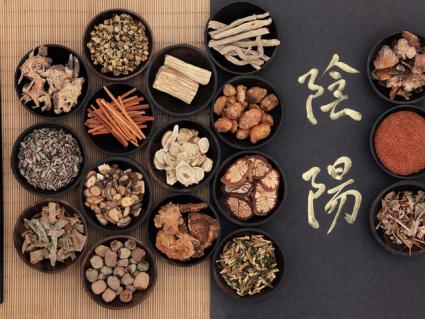
Chinese Herbal Formulas and the Common Cold
Not all Chinese herbal formulas for the common cold are alike.Read the Post

Heart Nourishing Herb: Suan Zao Ren
According to Chinese medicine, the heart houses the mind. When the mind is at rest we drift off into a peaceful slumber.Read the Post
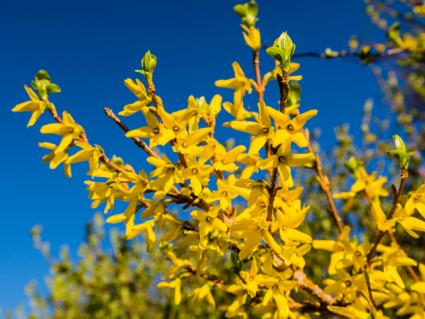
Lyme and Chinese Herbs
Integrating Chinese Medicine for the treatment of Lyme.Read the Post
Related Services
Naturopathic Medicine
Much like a general practitioner, a naturopathic doctor manages a broad range of health conditions affecting all people of all ages. However, naturopathic medicine is a distinct system of primary health care, distinguished by the healing principles upon which its practice is based.Naturopathic Medicine
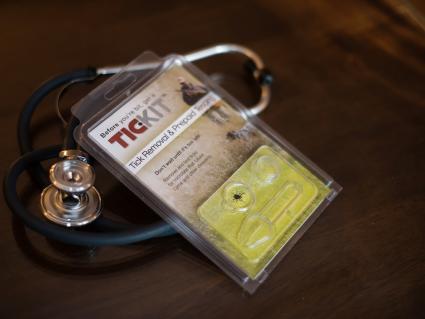
Lyme Disease
Lyme Disease Diagnosis and Treatment in Delmar NY and Burlington VT offices At the Stram Center we vow to continue our education on Lyme Disease research, stay up to date on the most effective testing and all the safe available therapies. Moreover, our years of experience in treating patients according to the whole person-integrative medicine approach allows us the most effective way to care…Lyme Disease



